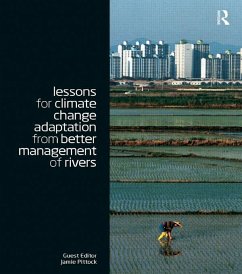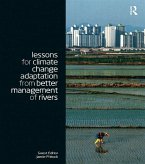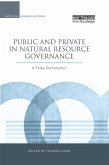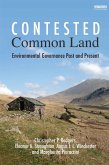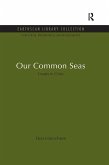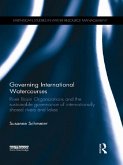Climate change is dramatically affecting freshwater supplies, particularly in the developing world. The papers in this volume present a powerful case for and exploration of different freshwater adaptation strategies in the face of global climatic change. The volume centres on six detailed case studies, from India, China, Mexico, Brazil, the lower Danube basin and Tanzania, written by experienced local academics and practitioners. They assess autonomous adaptation in the freshwater sector, drawing out key lessons about what motivated these societies to change, which factors led to more successful adaptation, and how interventions may best be sustained. The volume also contains a global overview of the lessons derived from these experiences. It sheds light on two key theories: that vulnerability to climate change is best reduced by reducing poverty and promoting sustainable development first, or by reducing bio-physical risks from climate change. The publication also highlights the need to ensure that access to more precise climate change impact data is not used as an excuse to delay implementation of no regrets adaptation measures.
Dieser Download kann aus rechtlichen Gründen nur mit Rechnungsadresse in A, B, BG, CY, CZ, D, DK, EW, E, FIN, F, GR, HR, H, IRL, I, LT, L, LR, M, NL, PL, P, R, S, SLO, SK ausgeliefert werden.

